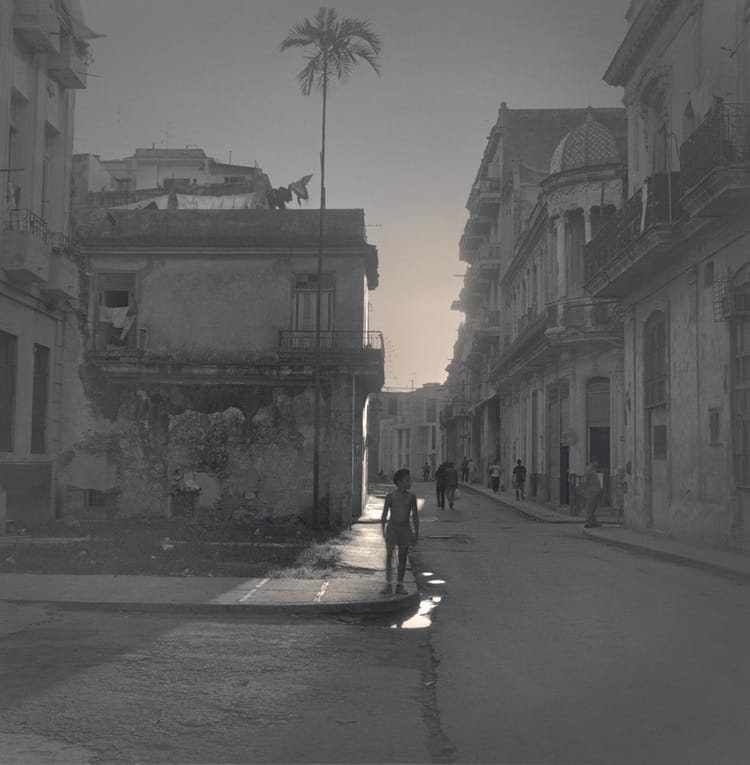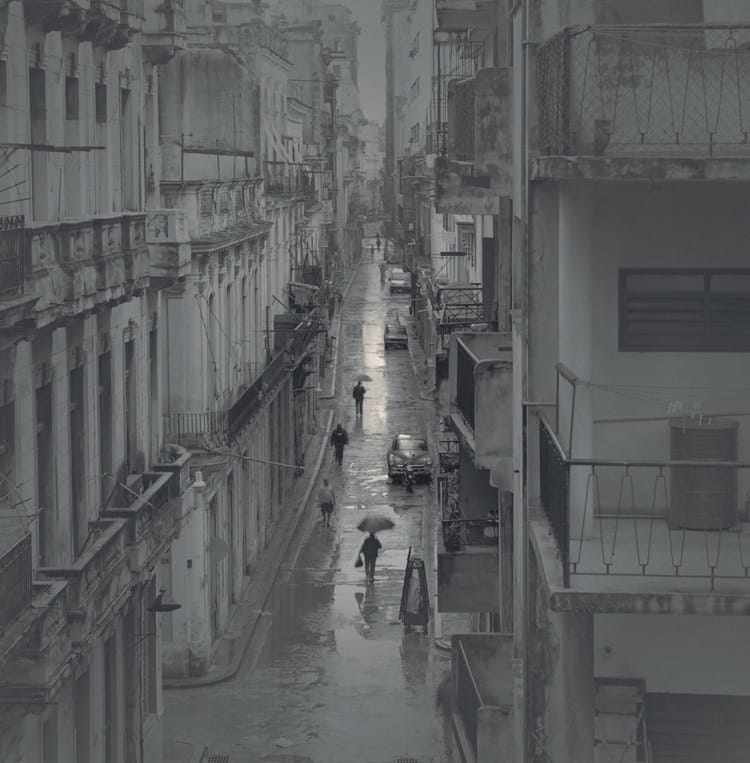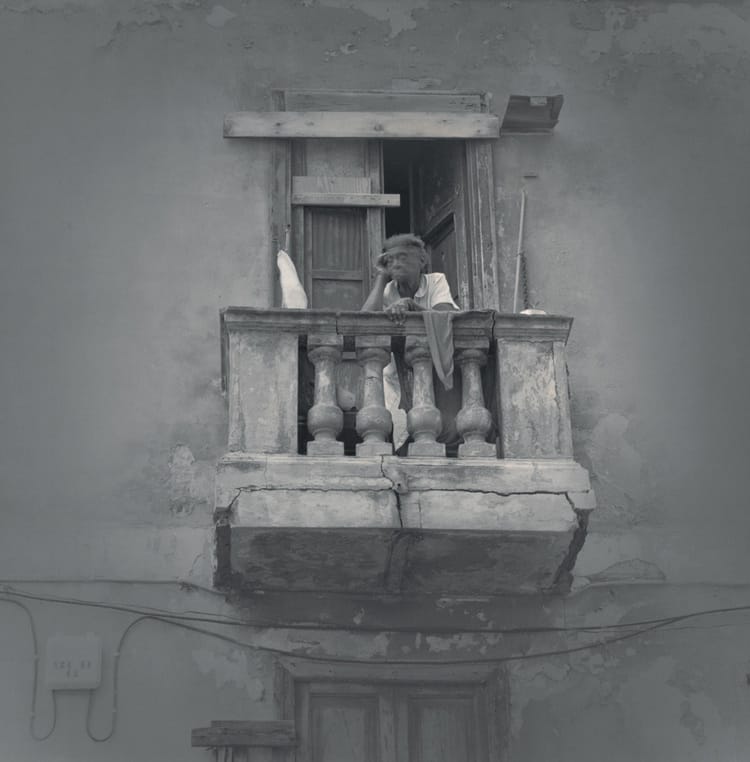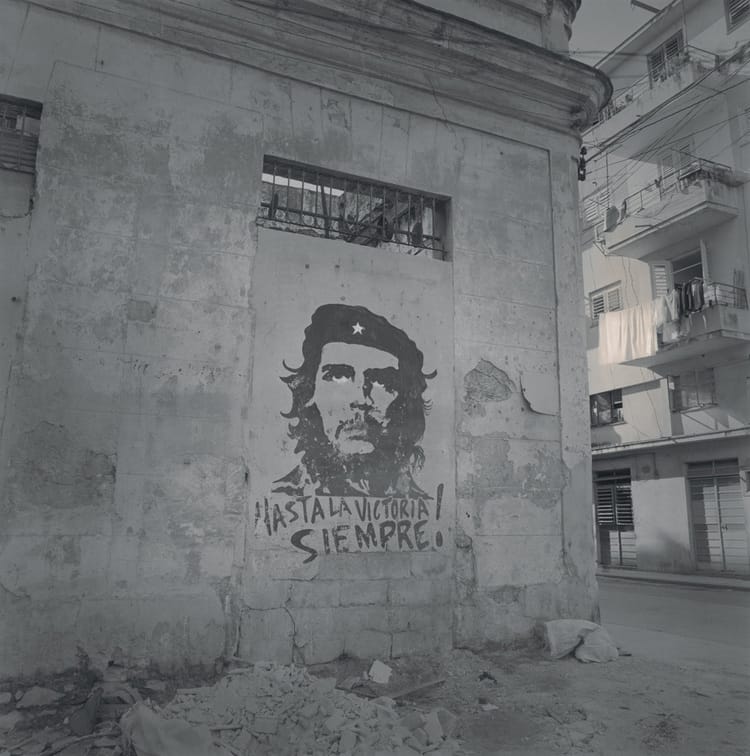Urban landscape photographer Alexey Titarenko, who rose to prominence for capturing the life and decay of St. Petersburg after the collapse of the Soviet Union, has continued his practice by capturing Havana, the capital of Cuba that has stood still in time after the 1962 United States embargo. The United States embargo against Cuba was a series of economic bans on the island that was detailed in the Cuban Assets Control Regulations. These regulations were put in place following Fidel Castro’s 1959 revolution, which nationalized major US-owned businesses on the island, including oil refineries.

As a neighbouring nation, much of Cuba relies on trade and financial transactions with the United States. Hence, since then, many scholars and the United Nations itself have condemned the sanction, calling it harmful and unnecessarily cruel, going against the United Nations Charter. Titarenko’s photographs of Havana have captured these sentiments powerfully, creating a tool to advocate for an end to the comprehensive economic embargo enforced by the United States. This is why photographs from Havana by Alexey Titarenko are relevant to the United Nations Sustainable Development Goals of Sustainable Cities and Communities and Reduced Inequalities.

The photographs in Havana have been done in Titarenko’s signature grey-ish tone. By doing so, he is exacerbating the mundanity of the situation, highlighting that despite viewers only spending a few minutes at most with these photographs, for the people of Havana, Cuba, this is what their daily life looks like. However, Titarenko has also inserted yet again another one of his signature techniques—his way of capturing sunlight—alluding to hope for a new day and a brighter future.

On 2 November 2023, the United Nations General Assembly (UNGA) once again called on the United States to end its trade embargo, as it keeps the island in a decades-long economic crisis, constantly facing shortages of basic needs such as food, fuel and medicine. On top of that, Human Rights Watch (HRW) has also reported that in 2023, the government of Cuba has been using the embargo as an excuse for many of their internal problems (including corrupt practices), including as a pretext for power abuses. They have also gained the Cuban government's sympathies from other countries’ governments that would have otherwise condemned their repressive practices.

Since 2021, Cubans have been constantly protesting against the incumbent government, especially as 2024 brought the island-nation its worst economic crisis in the past three decades. Ultimately, this is why it is important that Titarenko’s images of Havana are exhibited across the world and through social media to further help advocate for the 11 million people who reside in Cuba.
Find out more about Havana and other pieces by Alexey Titarenko on his website www.alexeytitarenko.com or Instagram @alexey_titarenko_photo.
